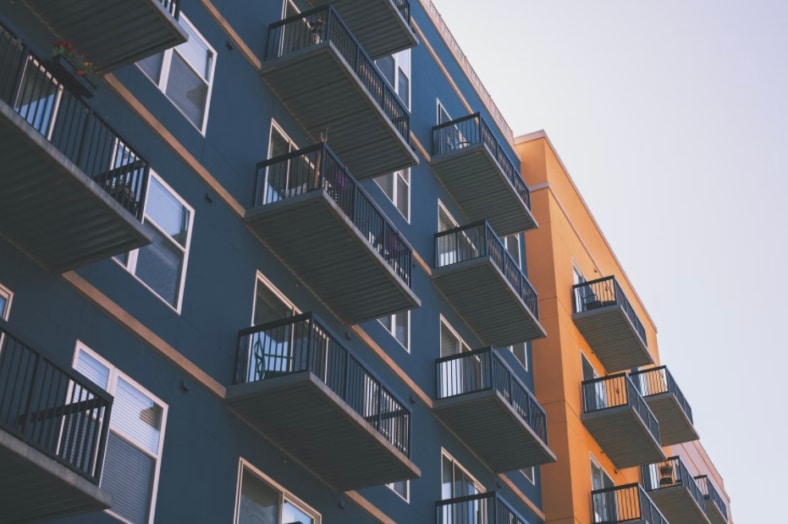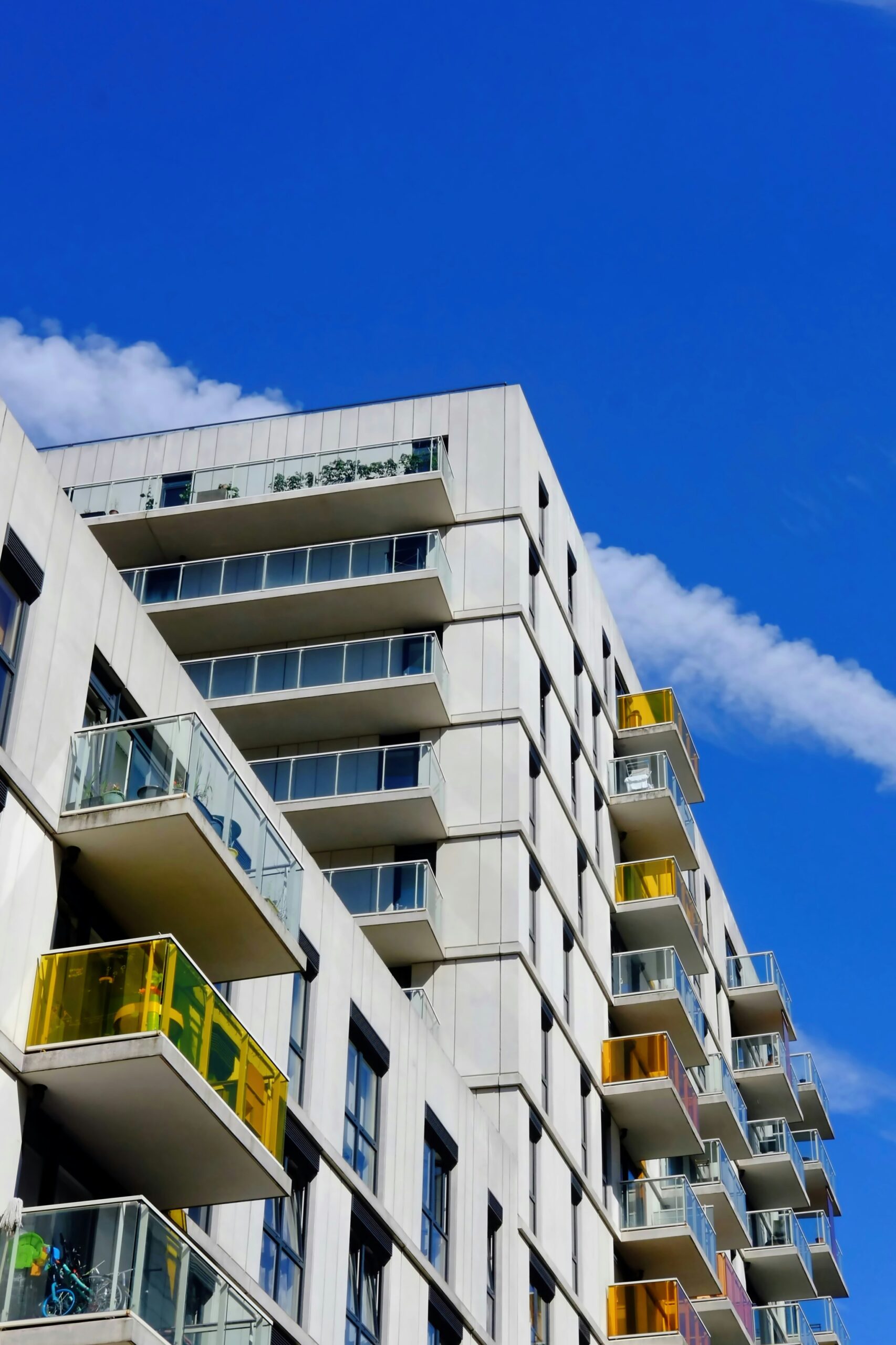Commonhold Association Service
The current Leasehold and Freehold property ownership system is being abolished, in favour of Commonhold.
Our Commonhold Association Service is designed for leaseholders who want to take full control of their property, empowering them to manage both their individual flats and shared spaces through a unified ownership model.
This service is perfect for those looking to transition from leasehold to commonhold, ensuring perpetual ownership and collective decision-making for all residents.
Our Commonhold Services
At The Freehold Collective, we help leaseholders come together and exercise their right to purchase the property that they lease and share in the ownership and the management of their building and common grounds.
We advise home owners on their best options from Collective Enfranchisement and RTM to exercising their right to Commonhold, following the introduction of the Commonhold and Leasehold Reform Act 2002,

What is Commonhold?
Commonhold is an alternative type of property ownership to the traditional Leasehold system where individuals own the freehold of their flat within a building and a Commonhold Association, made up entirely of flat owners, owns, manages and maintains the common areas. Commonhold differs from the Leasehold system in offering perpetual ownership of one’s flat (as opposed to expiring leases), does away with annual, increasing ground rents, replaces all leases with a standard Commonhold Community Statement (a contract) and entirely removes a third party owner (freeholder) from the equation.

Why is a Commonhold Beneficial For Flats Owners?
For leaseholders in a building or estate, commonhold has a number of benefits:
- Perpetual Ownership of your home and investment (no expiring lease)
- No need to pay increasing ground rents for no benefits
- Standard rules that apply to all, equally
- No requirement to go through a landlord for management decisions
- No requirement to go through a landlord for permission to refurbish or sell your home
- Collective and democratic control over the service charge budget and how communal areas of the building are managed
- Ability to opt for self-management if appropriate to save money
- Ability to appoint your own professional managing agent for added protection
What are the potential considerations and problems of Commonhold For Flats Owners?
For leaseholders in a building or estate, a move to Commonhold requires careful consideration and planning:
- Commonhold is currently in law from 2002 but has had almost no take-up (at most 20 properties in the UK)
- Reinvigorated Commonhold will be the default tenure for all new build properties but the details to ensure it works, are still to be ironed out by the Government
- For leasehold flat owners in existing buildings, there is as yet no defined path to Commonhold other than via 100% participation in a freehold acquisition. This requires 100% agreement from all owners. In blocks comprising many residents, securing 100% consensus to replace the leases with a Commonhold Community Statement is potentially difficult at present.
- For existing leaseholders who follow the path to Commonhold via 100% participation in the Freehold purchase, the move to Commonhold may not be as attractive if the leases have the same obligations and rights.

Our Commonhold Association Preparation Process

Why Choose The Freehold Collective?
We at The Freehold Collective, are all leaseholders who have come together to help thousands of others like us exercise their rights in the best possible way. A multi award-winning organisation, we advise the Government and enfranchisement agencies and groups on Leasehold and Commonhold law reform. Using our vast, practical experience, we focus on providing comprehensive consultation and project management for all leaseholders, and are your safe pair of hands.
Commonhold vs Share of Freehold
While both Commonhold and Share of Freehold offer leaseholders more control over their properties, there are key differences between the two:
Commonhold provides outright, perpetual freehold ownership of individual units with collective management of shared areas through a commonhold association, eliminating leases and ground rents. Share of freehold involves leaseholders jointly owning the freehold of the building while still holding individual flats on leases, giving more control but retaining leasehold limitations.
Commonhold
Each flat owner holds the freehold to their individual property. For all flat owners (commonholders), a Commonhold Association, manages shared areas under contract of a single Commonhold Community Statement, offering perpetual ownership, eliminating ground rent obligations, and providing an equal say in decisions.
Share of Freehold
Each flat owner holds a lease on their individual property. For a majority (50%-100%) of flat owners (shareholders), a freehold company manages shared areas under contract of multiple leases, offering perpetual ownership, eliminating ground rent obligations and providing an equal say in decisions. Non-participants (non shareholders) do own a lease but their neighbours become their landlord and freeholder.
At The Freehold Collective, we help homeowners find the best option for each specific situation, including achieving their aim of the stability of a Commonhold.
We guide you through every stage, from initial legal advice to complete project management, so you can make a confident, informed choice about your home and your future.
Enquire now. We can’t wait to help.
Free Consultation
We’d love to hear from you. Send us a brief message on any leasehold or freehold matter, and we’ll be in touch to book your free initial consultation.
Our free, no obligation, consultation will include:
- A brief review of the Land Registry information relating to a flat or building
- A discussion around the specific problems faced by a leaseholders
- Feedback based on our review Land Registry records and other information relating to your specific flat or building
- Advice on your options, pros and cons of the the best way to solve your problems and realise additional long term benefits of your property
